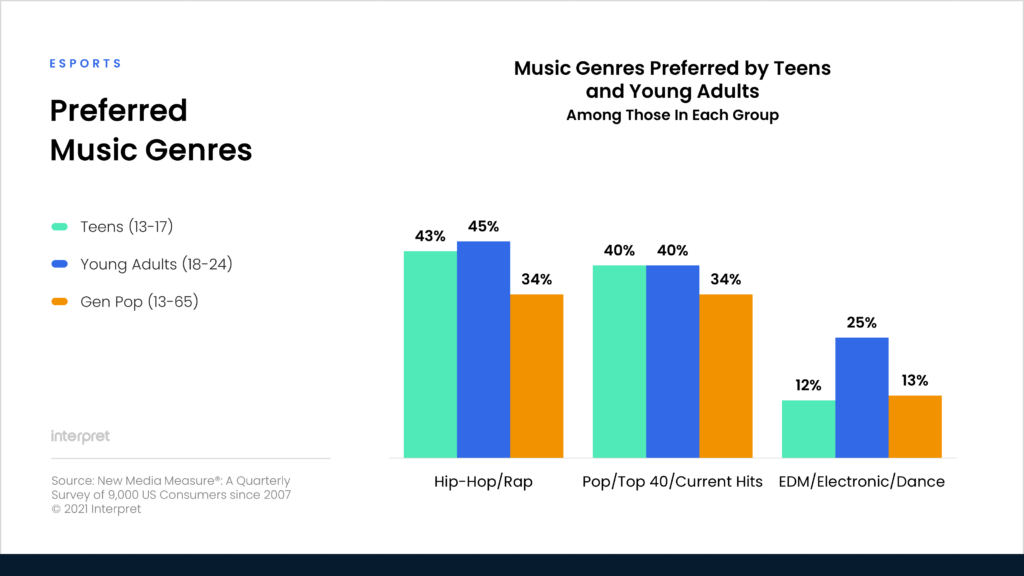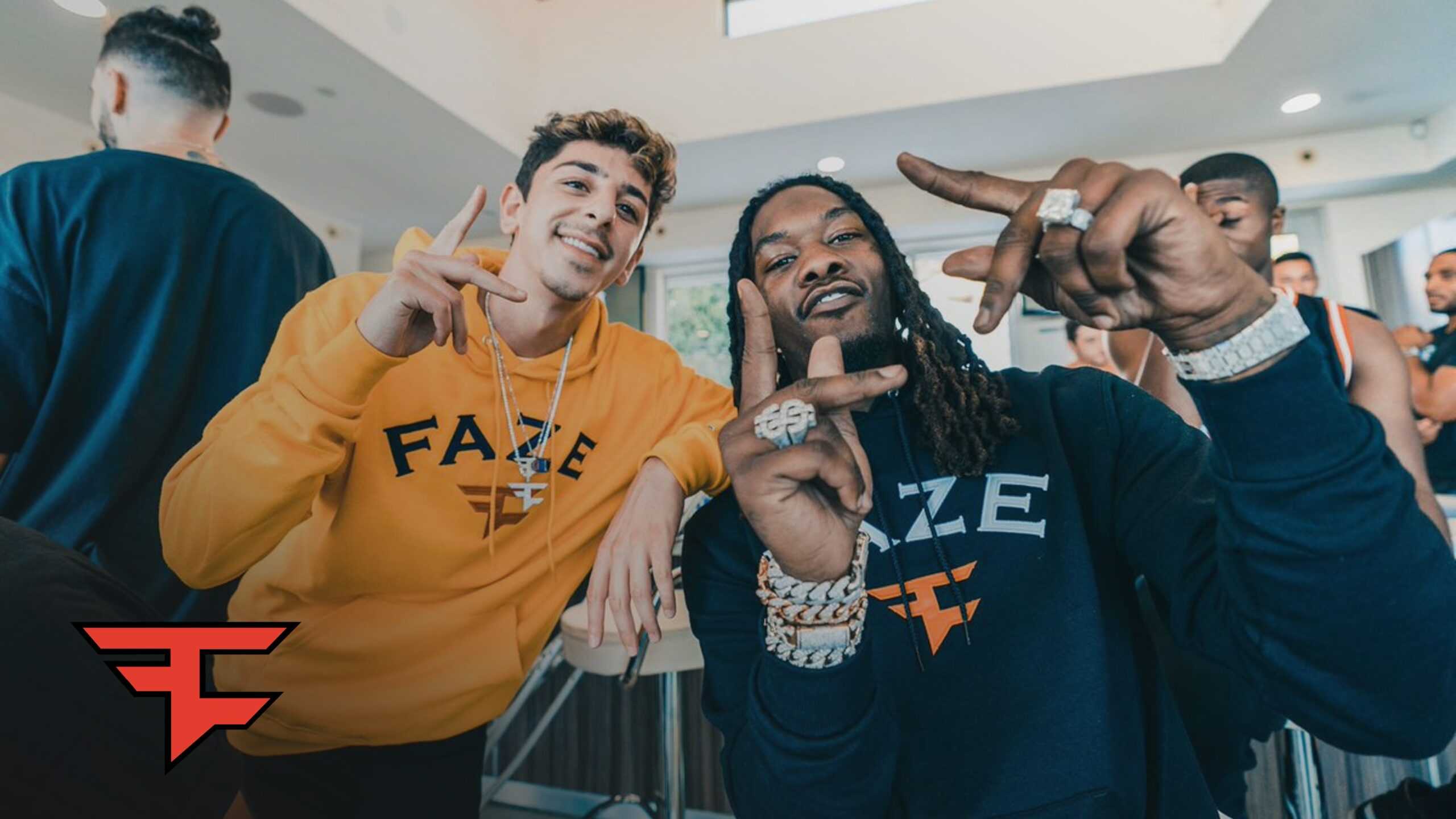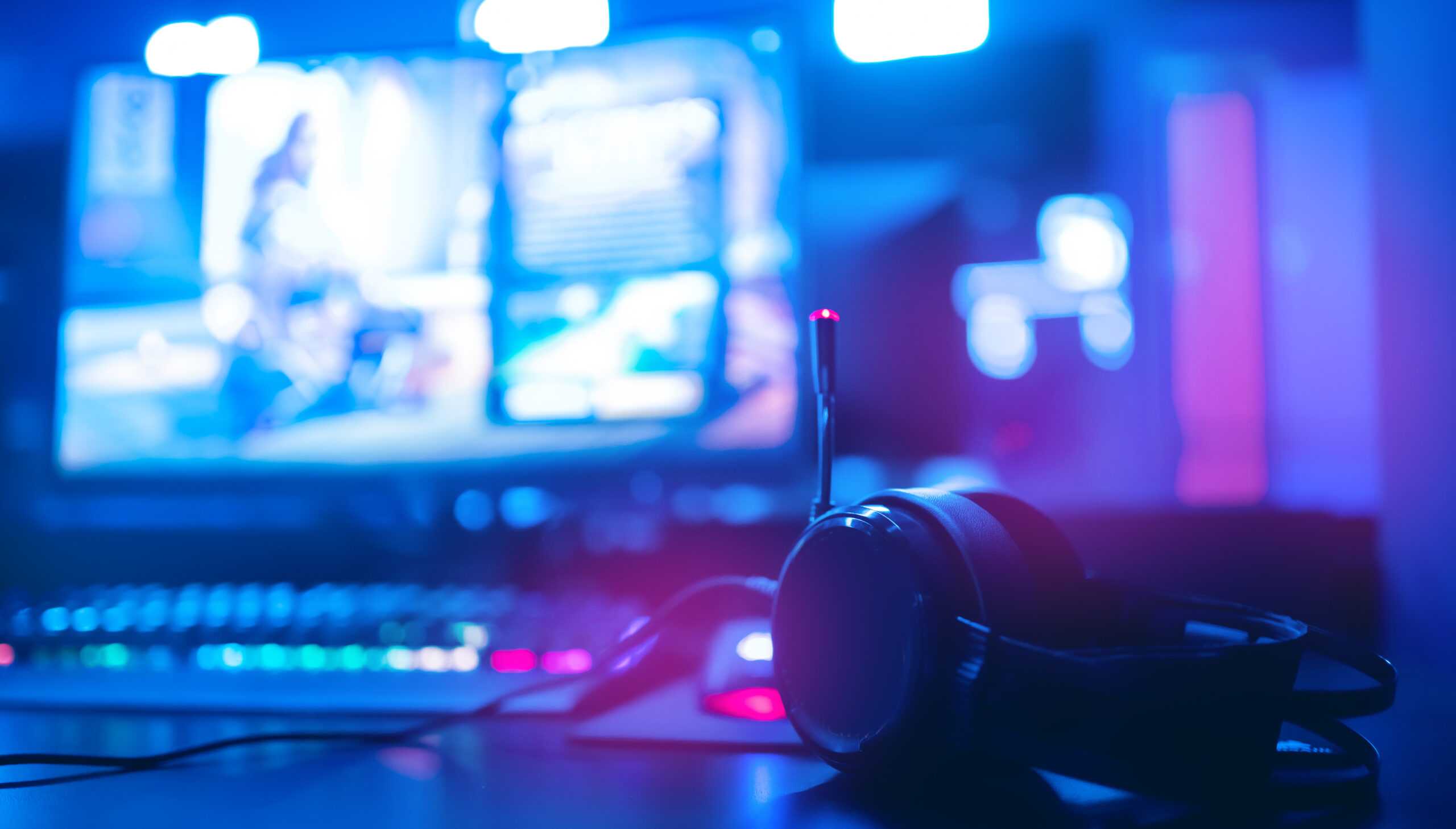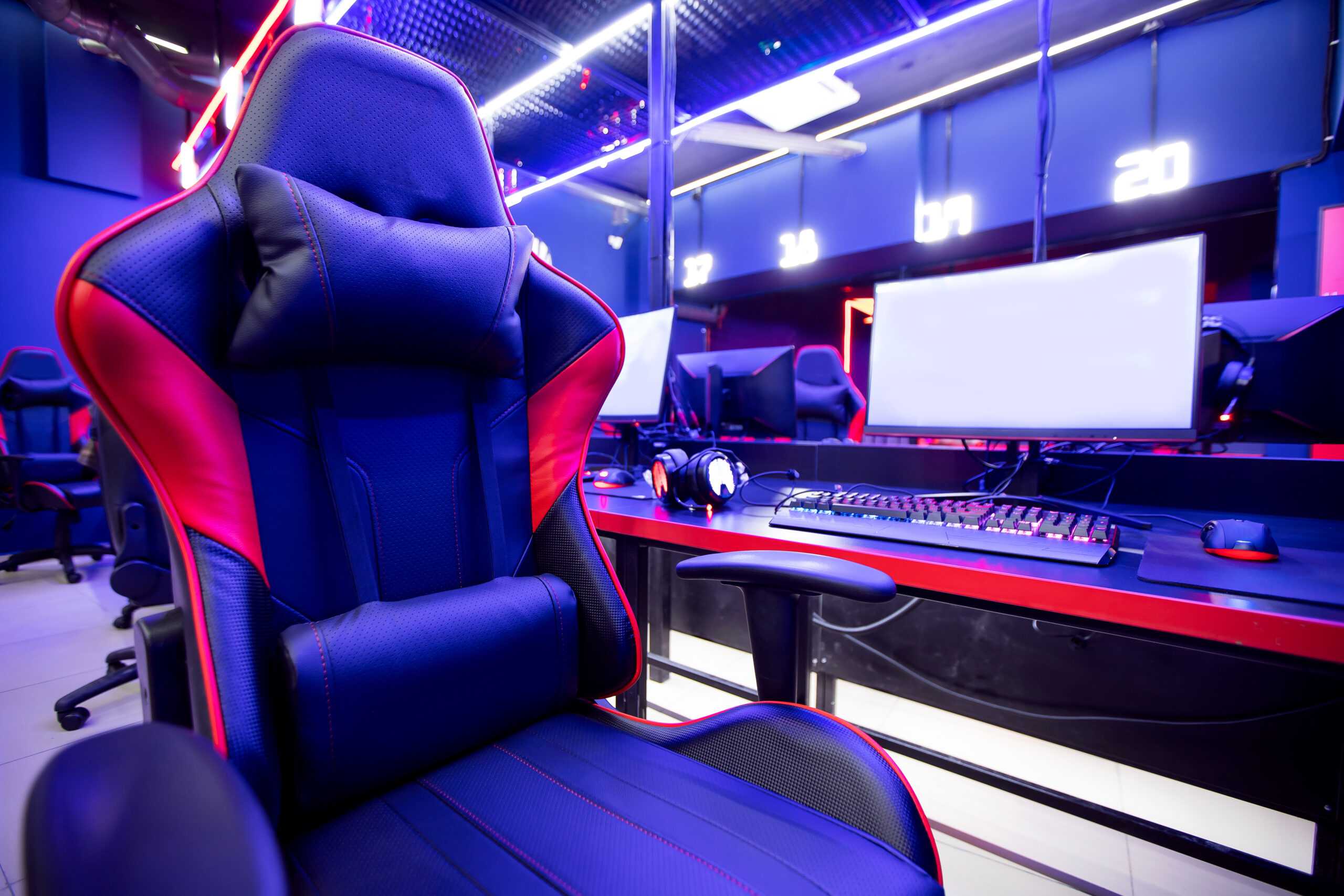Gaming and music have seen plenty of crossover during the last year, highlighted by virtual concerts in games like Fortnite, Roblox, and others. For the growing world of esports, the confluence of games and entertainment, including hip-hop, has enabled numerous organizations to tap into the urban culture scene as they pursue more lifestyle branding initiatives to generate additional revenues. FaZe Clan, XSET, Fnatic, REKTGlobal, and others have all closely aligned their brands with hip-hop talent.
In Brazil, esports org LOUD has been on the leading edge of this urban culture trend. In April, LOUD signed Brazilian rapper GUXTA as its official music influencer, and in May, they launched a fashion division in partnership with PIET, the fashion brand from Brazilian stylist Pedro Andrade. More recently, LOUD signed Olympic skateboarders Luiz Francisco and Pedro Quintas, and diversified its business with the launch of a dedicated skateboarding division.
In Australia, ORDER is another notable example, as the org hired R&B artist Billy Davis as its new Creative Ambassador. Davis is signed to Sony Music Entertainment Australia and intends to leverage his “network and connections across music and fashion to explore these fields further.” He also regularly plays games, streams on Twitch, and will help the org with its marketing activations and content collaborations.
Urban culture and youth culture go hand-in-hand. Many esports orgs have not yet generated enough talent with sufficient star power to attract lucrative sponsorships, so it makes sense to capitalize on these partnerships, which also have the potential to broaden the audience. Moreover, launching a fashion label or a dedicated skateboarding entity represents smart diversification as revenue generation can be challenging for many teams.
Interpret’s Esports Replay™ shows the appeal of urban culture, especially through music, as hip-hop over-indexes as the favorite genre to listen to for both teens and young adults. While 34% of the US population prefers hip-hop music, that figure jumps to 45% among young adults.







